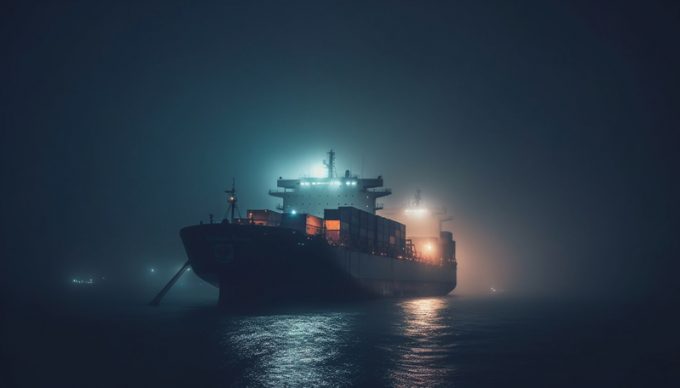Israeli key air cargo gateway hit by missile attack, and Houthis warn of more
Airlines have suspended services into Israel’s key gateway of Ben Gurion, after a missile attack ...

Vessels are now resorting to switching off their AIS transponders to conceal their movements and prevent Houthi attacks in the Red Sea – but it could also impact container monitoring.
Playing a critically important role in collision-avoidance, particularly at night or in fog, vessels use other ...

Comment on this article